These Medical Professionals, Despite the Pressures of Coronavirus, Found Silver Linings on the Frontlines
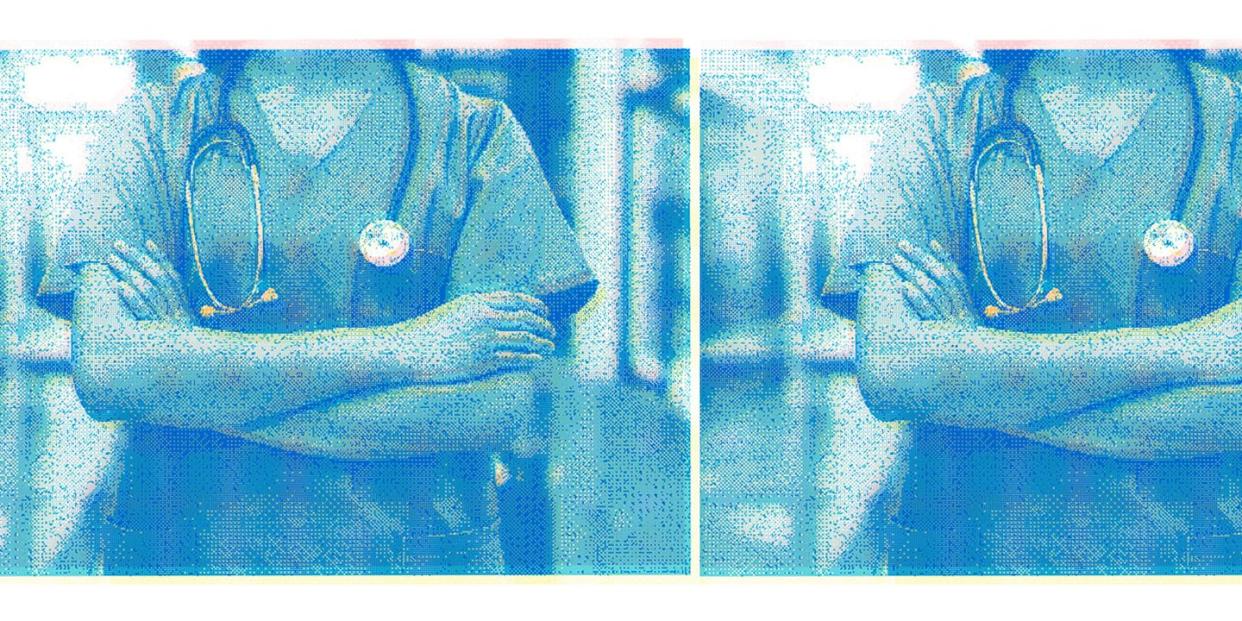
When the coronavirus pandemic first touched the United States, most Americans never dreamed that COVID-19 could ravage communities or upheave daily routines as it had done in China and in nations across Europe. The first people to realize the magnitude of the situation, long before the United States became the most impacted sovereignty in the world with more than 1.3 million cases, were those working to keep their fellow Americans healthy. Essential doctors, nurses, and adjacent personnel working in hospitals across the country soon realized their institutions were woefully unequipped to handle a surge of cases in late March and throughout April. As dire as their situation has been, nearly everyone working in the medical field has had their worlds turned upside down — from those safeguarding our nation's elderly to unseen angels fighting on behalf of our youngest, including all those healthcare professionals who continue to treat chronically ill people despite increasing risks to their own safety.
And yet, as the pandemic continues to shape our new reality, these professionals find themselves reflecting on how far they've come. Editors at Good Housekeeping were honored to hear from nine different individuals across the country working to serve unique patients in their own spaces. They're sharing some of the toughest challenges they've each faced over the last few months, and the silver lining that is keeping them going.
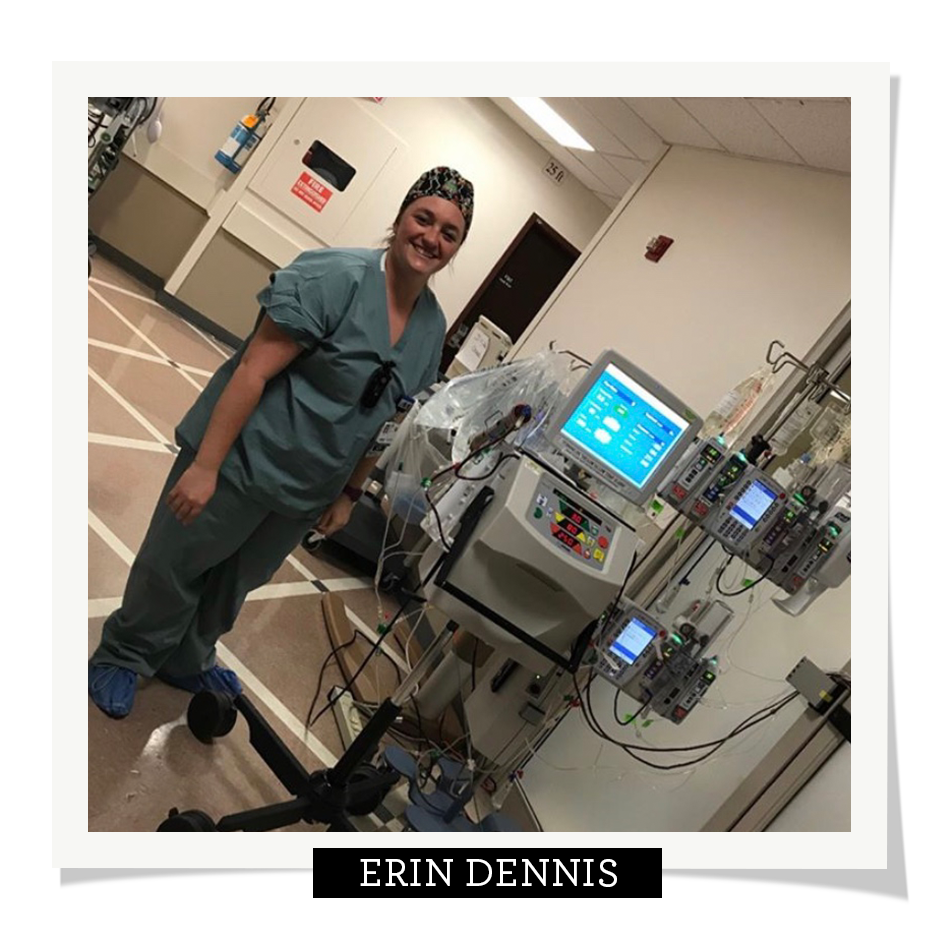
It's hard. There are definitely days where I don't want to go in. We're scared for these patients, yes, but there's a fear for ourselves going in and knowing that at any moment we could be putting ourselves at risk. I mean, we're elbow deep in these patients' everything, after all.
But the thing that's helped me quite a bit: I have an awesome group of coworkers. And my managers have been great. We have become each other's family, in a way; I haven't seen my parents, I haven't seen my friends ever since I started taking care of these patients, for their safety and because of the risk ... but I know that if I don't go in, that means somebody else is gonna have to take on an extra shift, and it's not fair to them.
We are also seeing some patients that are able to get off of the breathing machines and doing better. And that's really uplifting because we only see stories of the negative and the death toll. That's all we see in the news. Being able to see these patients who were on a ventilator for so long, and now they're getting better — they're able to get up, and we're transferring them out to a normal unit and they're recovering. That does make it a little bit easier. Because it gives us all a sense of hope. —Erin Dennis, RN, 26, Houston Methodist Hospital, Texas
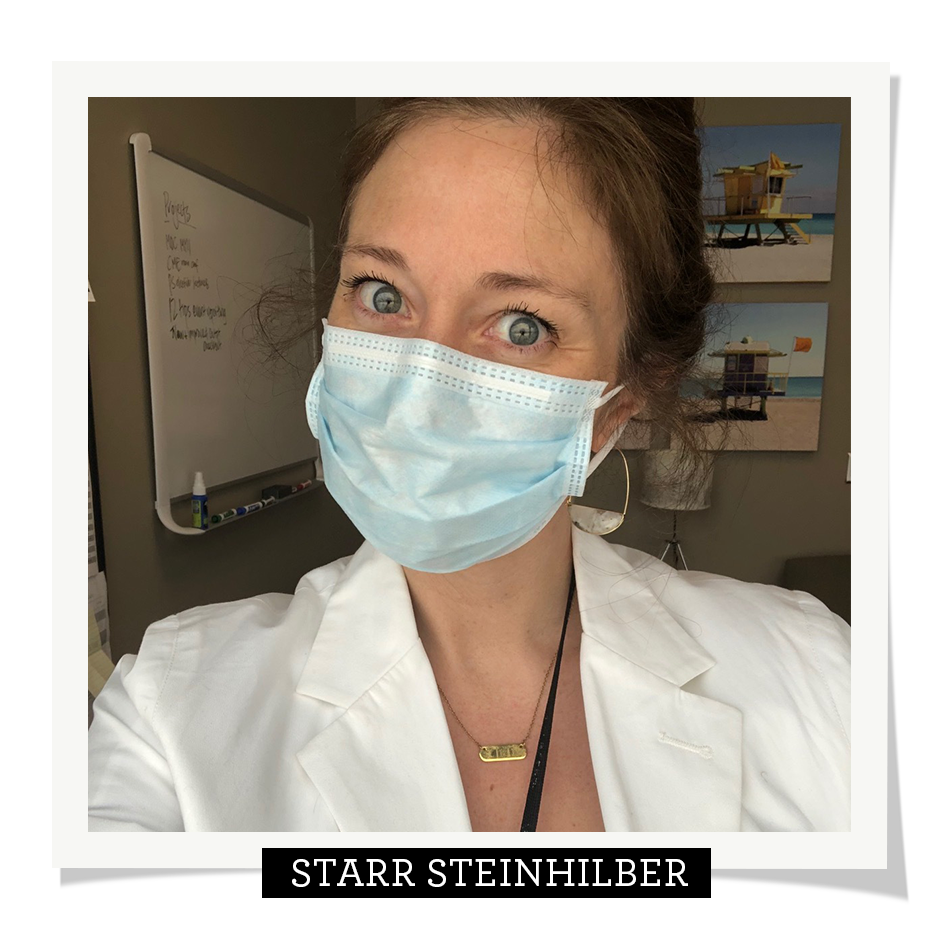
Here's what's struck me throughout it all: Even though most healthcare providers initially set out upon that journey to help people, it's not a career that typically has a high personal health risk. Unlike those that serve in the military, police force, or fire brigade, healthcare providers haven't typically thought that their line of work may put them in harm's way. There are very few illnesses in the course of history that would fit that criteria, and this is likely the first one those of us currently on the front lines have ever seen. We often quote the Hippocratic Oath "Do No Harm" and have never thought before now that the harm may be to us.
Many of us, even on the frontlines, have adapted to change in our roles during this time to help out where we can. I jumped in to help with our own employee health — testing and triaging employees who had an exposure or symptoms. That has been really great to be a part of: Taking care of the workforce. It's actually made me more upbeat and positive on the whole thing.
The public only sees what's on the news and hospital staff only sees those admitted: Both groups only see 'the worst' typically. But for me in Birmingham, between 85 to 90% of those I consult are COVID-positive patients who have mild symptoms, and they stay home to recover. That's the group I've been able to talk with daily, and it's made me much more optimistic over time. —Starr Steinhilber, MD, 36, Alabama
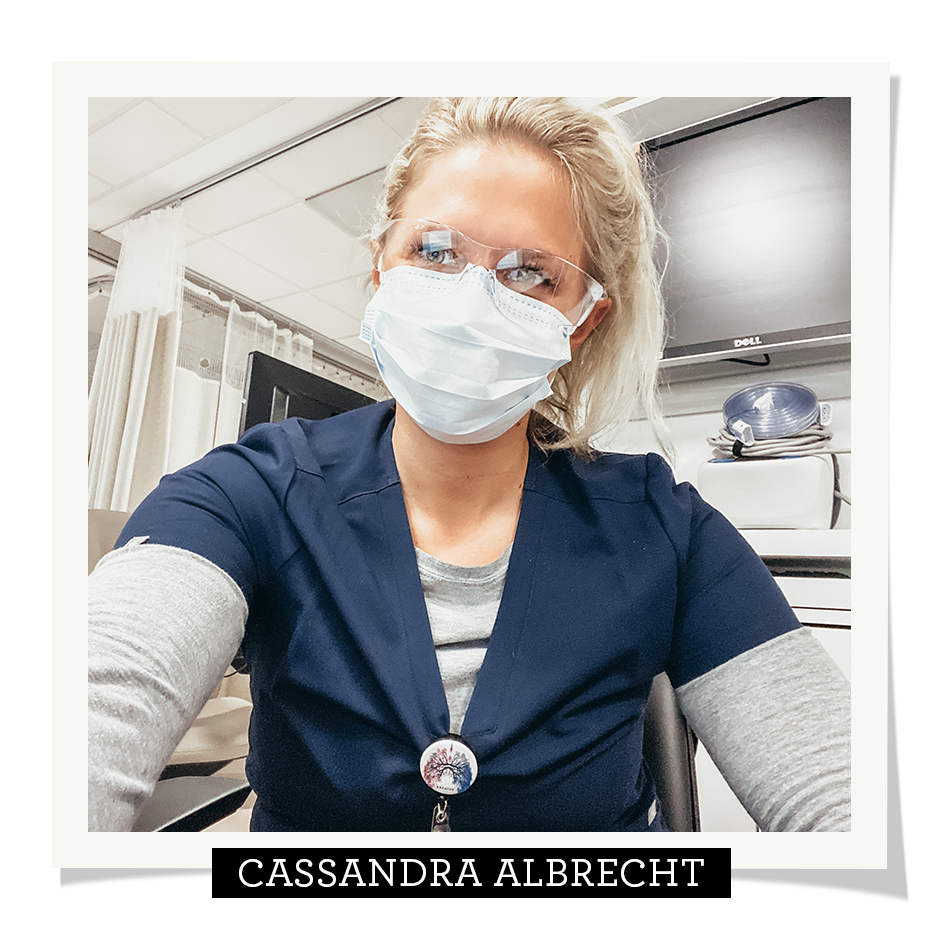
I have always been a helper: I love to help others and make them happy. It took me going to college for my first degree to figure out I needed something more in life; so I went back to school for respiratory therapy … [But] I've come to realize respiratory therapy is an under-appreciated field in healthcare. We are the ones who manage the ventilators, manage the artificial airways connected to those ventilators, we intubate, place arterial lines — and that just scrapes the surface.
My hope is that students see more exposure about respiratory therapy through news outlets and articles, and if they are considering a career in healthcare, I hope they look a little deeper into respiratory therapy and help grow our field.
I am afraid to come home to my immunocompromised husband, and also afraid to go out in public to get bare necessities, in fear that I will be a carrier and infect others. I can speak for myself when I say I won’t ever again take for granted grabbing lunch with a friend, hugging my grandparents, or aimlessly wandering the aisles of TJ Maxx. All of these things seemed ordinary and we thought we could do whenever, and now that we can’t, I realize how truly special and not ordinary they are. I will cherish every moment life brings. —Cassandra Albrecht, RCP, 29, Ohio
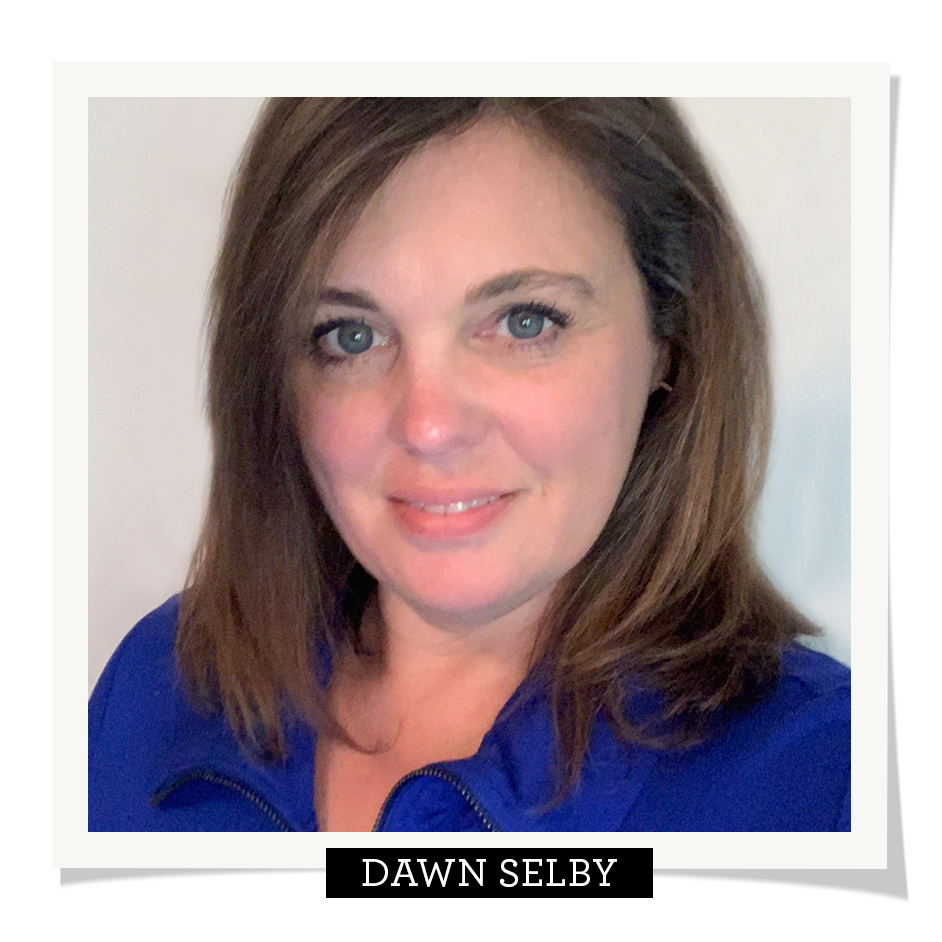
Working on a nurse-family partnership in Montgomery County, we quickly adapted to working at home and providing our clients — first-time moms in poverty — regular visits via telehealth. Telehealth allows us to have a call or video conference with each mom for 30 to 90 minutes. I continue to answer their questions about their newborn's health or their upcoming birth during the pandemic, doing my best to provide them up-to-date information and help them find immediate resources in their community.
I’ve found strength in witnessing the resilience of the human spirit. These expectant and new moms are resilient and strong, but also scared and in need of guidance to help maintain stability in their homes. Moms in poverty need help accessing food and baby supplies, and we connect them to local community resources in more ways than one. We want to help new moms and their families stay healthy — physically, mentally and emotionally — and to empower them to care for and nurture their babies during this challenging time. —Dawn Selby, BSN, RN, 49, Ohio
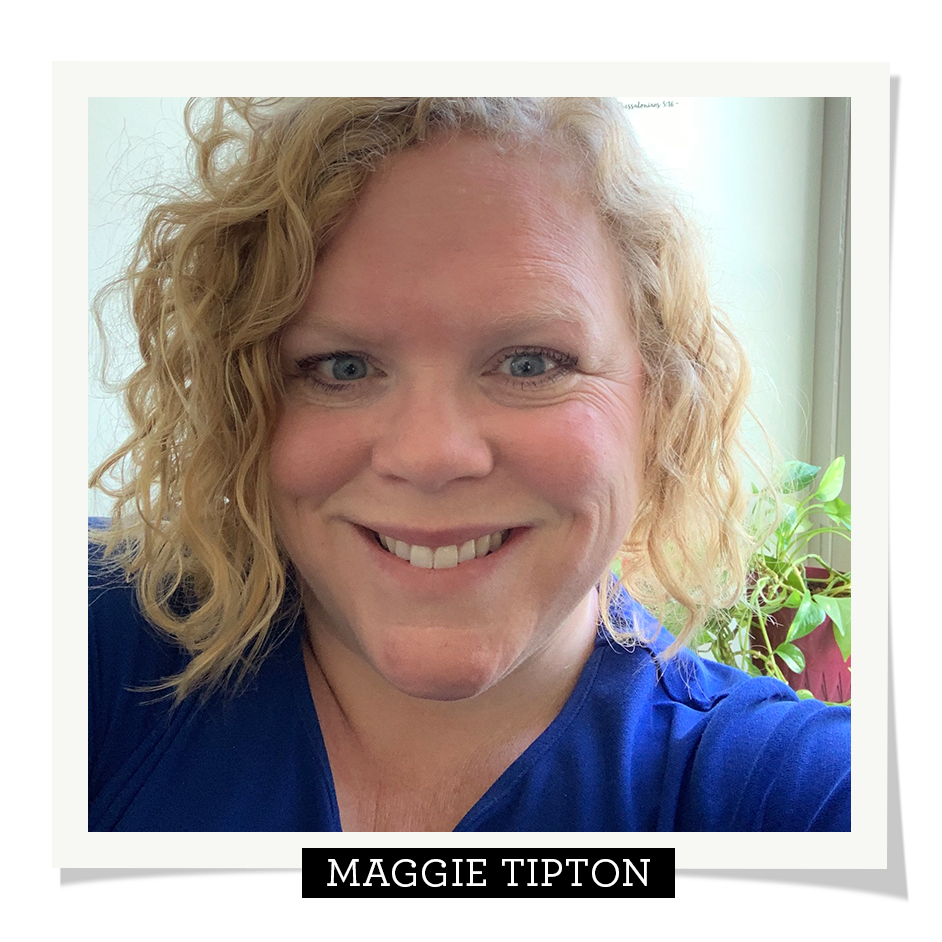
As professionals working in a treatment center, one of the things we always have to kind of have a pulse on is burnout and compassion fatigue. But we're finding new ways to manage this ... my patients are coming in because they have this life threatening disease with addiction. I think it's my passion and also the passion of the people I work with just to continue to meet those needs, no matter what is going on. Now, we don't have more than 10 patients in a group, and we're keeping those groups closer to the patient's residence or dorm, kind of like taking shelter in place.
I can't say that I ever really thought that something like this would happen, but I knew if it would happen, I would be here for that. And I think what keeps me really moving forward, coming in every day and taking the next steps for the patient's needs. It's so important. And, you know, it's important because it's been a part of their story for so long ... That's my passion. I love doing that work with people, and we need to do this work. —Maggie Tipton, PsyD, 40, Caron Treatment Centers, Pennsylvania.
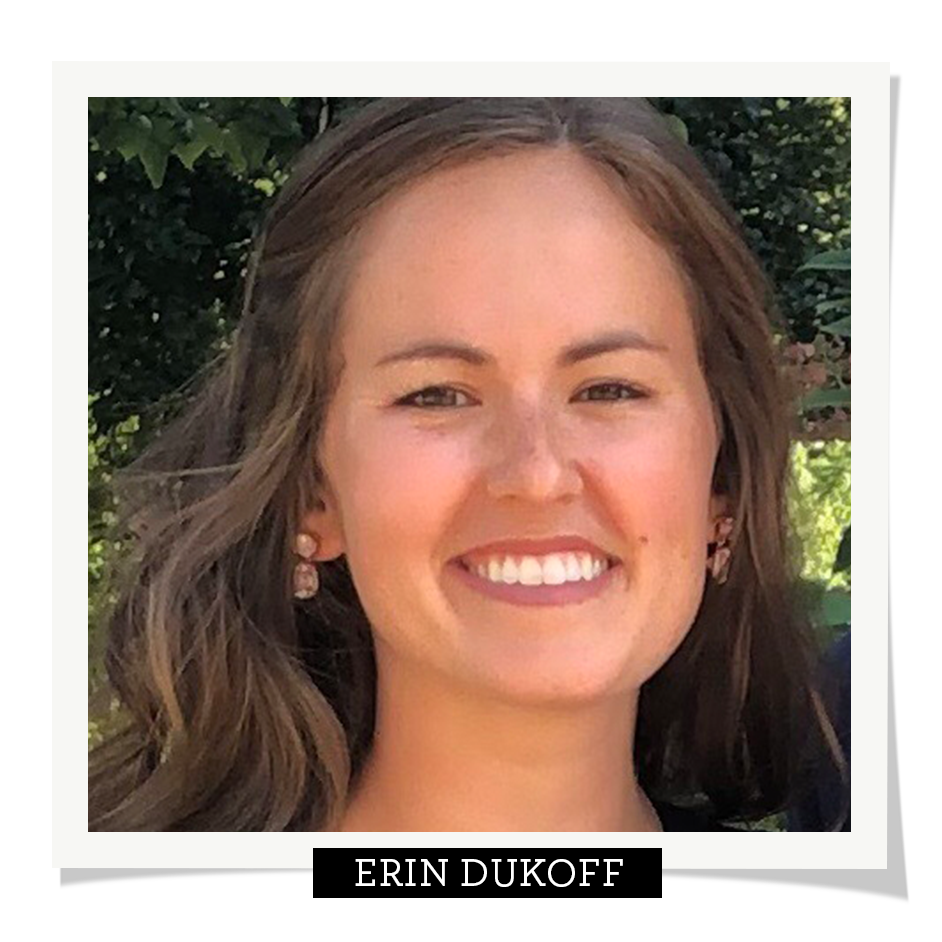
I 'm a nurse in the pediatric oncology and bone marrow transplant unit at NewYork-Presbyterian Morgan Stanley Children's Hospital. Every day is filled with lots of changes, updates, and of course, some fear. We are trying our best to isolate the virus from our immunosuppressed patients as we continue with their normal treatments. We are still giving chemotherapy and bone marrow transplants as usual, and monitoring and testing any patient who shows any symptoms.
Our patients and families inspire us every day, and have continued to do so. Families that are already fighting childhood cancer are now having to deal with the fear of this deadly virus, and my heart breaks for them. These patients can't just be sent home to self-quarantine and need to still receive all of their treatments. I feel lucky to be young and healthy, and am just trying my best to continue to keep these kids and their families safe.
My team has really come together during this dark time. I feel excited to see my fellow nurses every day and closer to them than ever before. We are being supported by family and friends who send meals and homemade masks, and we are frequently checking in on each other to see how we're feeling — physically and mentally. All the texts, calls, and words of encouragement really help to lift our spirits every day. —Erin Dukoff, RN, 27, New Jersey
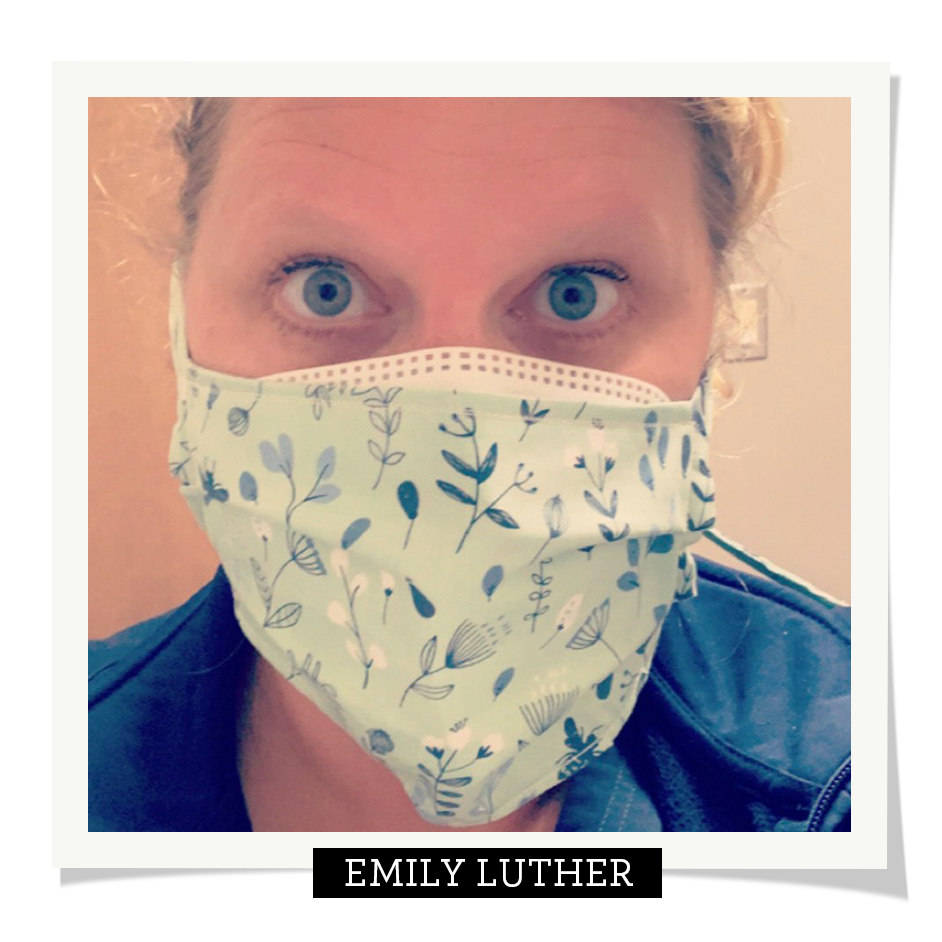
I left my home to serve as an emergency nurse in Fort Lauderdale, FL, where I was working on COVID-19 screenings at a mobile hospital, but my background is in pre-op/post-op at an outpatient GI endoscopy center. My role changed a bit, as I was in Florida to help in an emergency capacity. I checked vital signs on impacted patients, assessed symptoms as well as pertinent medical history, directed patient flow, and got patients to a doctor or nurse practitioner on our site for assessment. I also worked on educating most patients on what they can do to recover at home, and in the most dire situations, I helped them get to the hospital if needed.
Out of my home state, I was far away from my family, and I felt that I couldn't help them during the pandemic. My faith is that God is watching over me, plus lots of prayers from family and friends, and that helped me through.
All in all, I spent nearly three weeks in Fort Lauderdale. I quarantined for three weeks at home before returning to work at my endoscopy center in Brandon. Looking back, I realize the experience helped me learn new things about this novel virus as I served on the frontlines in a historical pandemic. —Emily Luther, RN, 40, MS
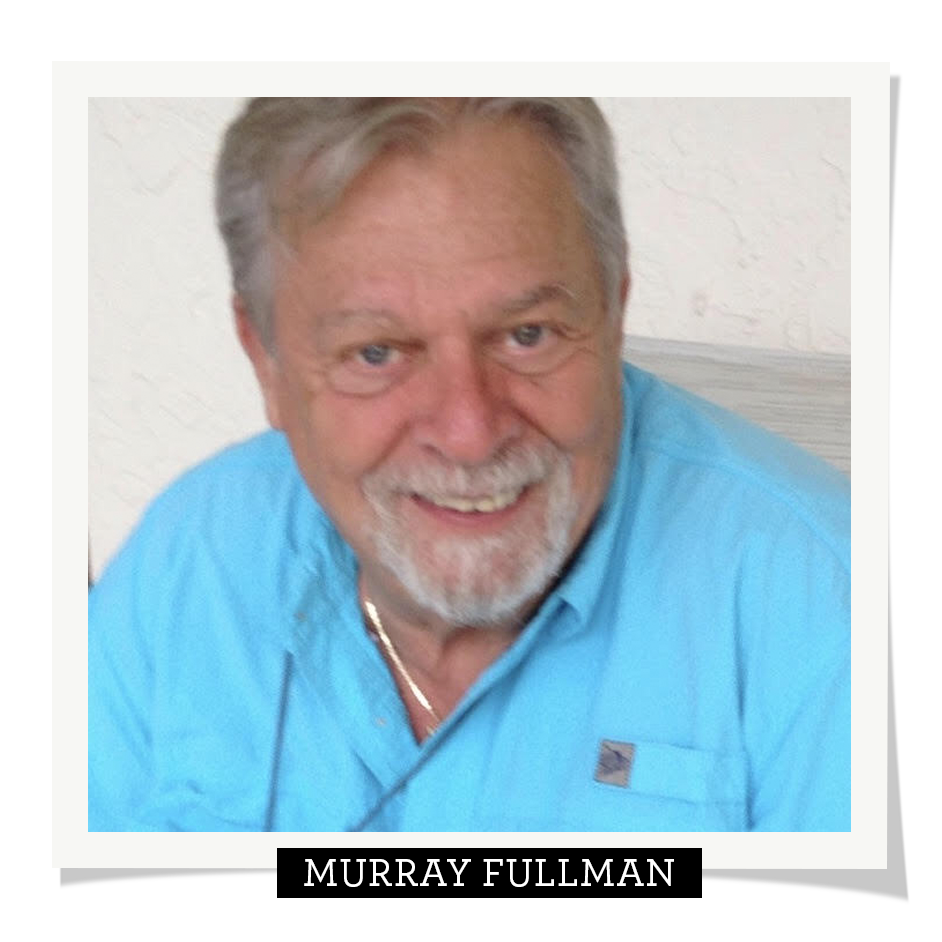
I 've witnessed mega changes as a professor and a psychotherapist in the last few weeks. Surprisingly, I've experienced more pushback to our new normal as a professor; for both the student and the instructor, the transition has been difficult. As for me, my goal is to make it as easy as possible to travel this new road, hoping their education is not only the material pertaining to their studies, but also to the transitions that take place along the path of life.
As a psychotherapist, anxiety, stress, confusion, and the unknown, although common psychological elements having to deal with in the past, they surely are compounded at this time. Therapy in many ways is different … but what I have noticed is that individuals are now more receptive.
What does this reflect for me as a participant in what’s going on? It shows me that with whatever transpires in people’s lives, we are capable of being flexible, capable of dealing with change, stronger than we think we are, resilient and can come back to help in bringing things back to the “old normal,” and yet recognizing that there is no “old normal,” for we are forever changing. Whatever the change may be, we are able to always put a positive twist onto the most tragic situations. —Murray Fullman, PhD, 82, NY
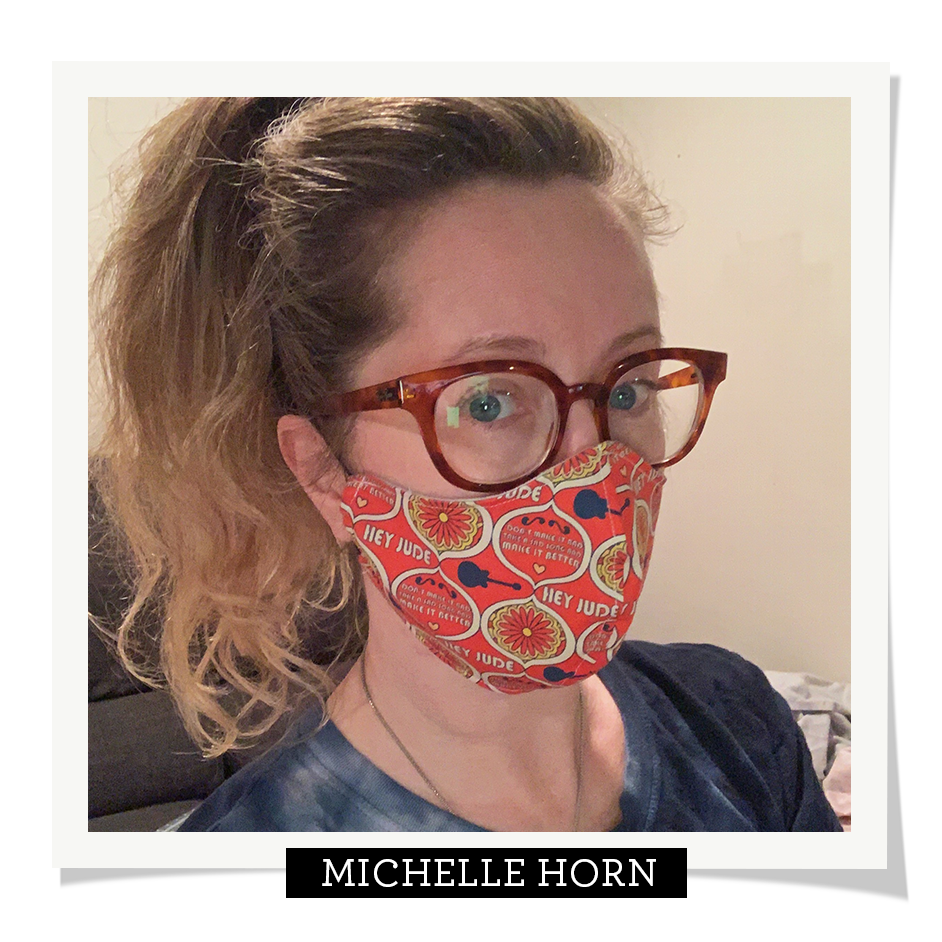
Before I even step into work at a long term senior-care facility, I'm screened each day. It entails filling out a questionnaire attesting to your activities outside of work. Some questions pertain to activities of your family members or the people you live with. These questions include whether or not you are working another job in a different facility, or if you've been traveling — plus how you and your family members have felt physically or had any respiratory symptoms. Once completed, a designated staff member then takes your temperature which is entered on the form and both parties sign at the bottom. It's all designed to protect our residents.
That's just to begin with: Many of us are mentally struggling with what’s happening around us. We are doing our best to push through, but it's hard not to notice; Casually speaking to three different coworkers and saying 'Hey, how are you holding up?' each time I was met with tears. We are strong, but we are also scared too, along with everyone else. Tension and anxiety is high on the job. At home, people are having nightmares, are scared for everyone around them, and are feeling frightened and exhausted from all the uncertainty.
What I’ve learned is that we each individually and as a team are far stronger than any of us ever would have thought possible. I'm also lucky enough to work with my best friend who is also a nurse. To protect our own families, we made arrangements with our families in order for her to basically temporarily move into my home together. My daughters will be able to safely stay with family. This way it’s one less layer of anxiety we won’t need to contend with at the end of every day. It’s not an easy choice and its not permanent, but for us and our families, we feel it’s the safest one. The upside is that if either one of us unfortunately happens to become positive for COVID-19, we have a place to stay and a personal nurse to care for us! I'm extremely grateful to even have such options. —Michelle Horn, RAC-CT, 46, Oriol Health Care, MA
TK TK PACKAGE ANCHOR CTA FEATURE?
*With additional interviews by Allie Early and Beth Dreher.
You Might Also Like

